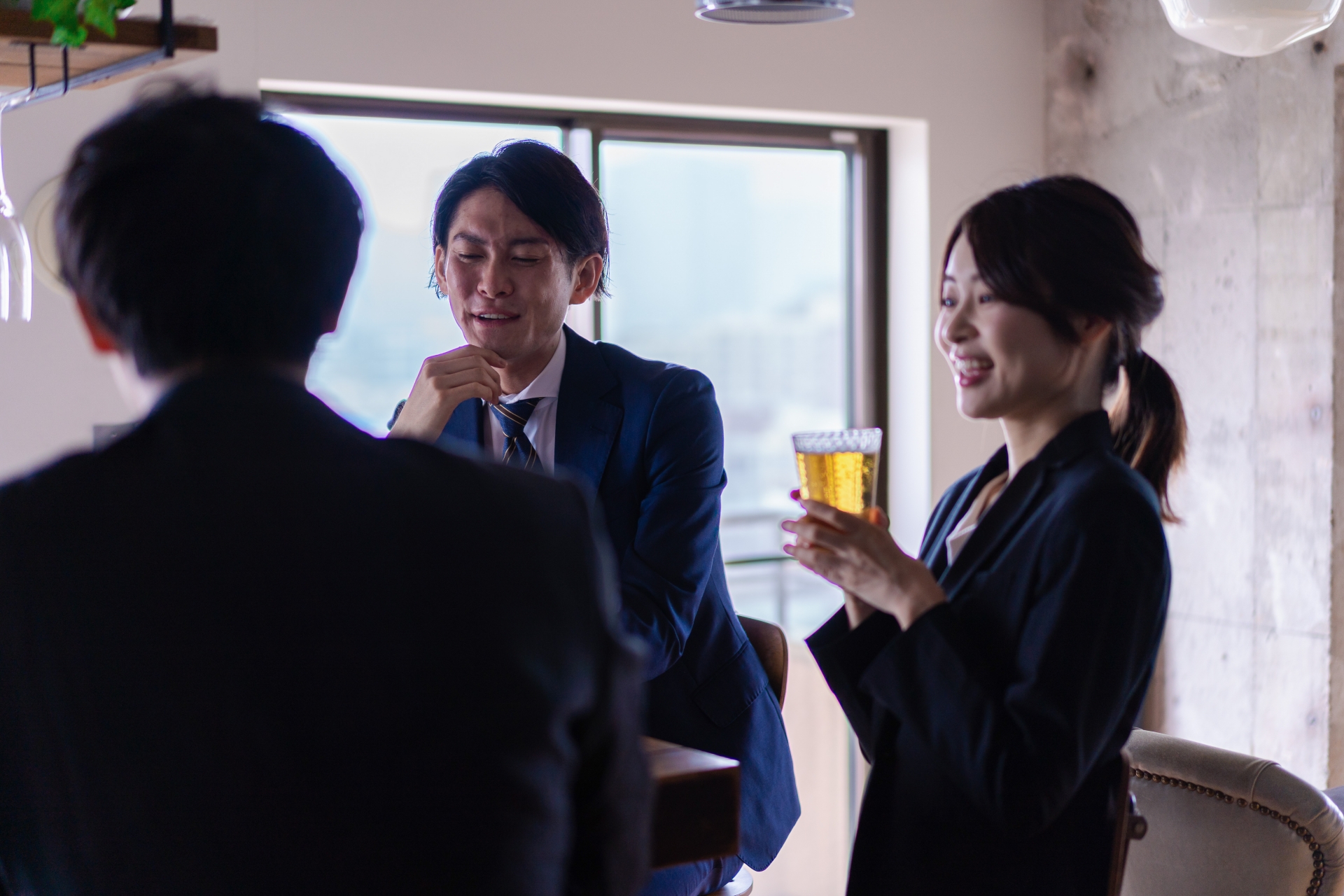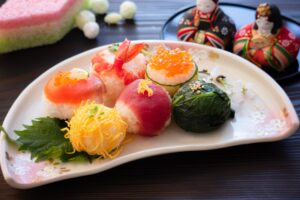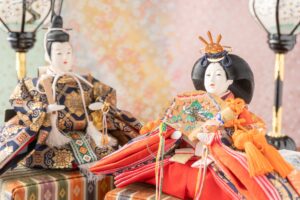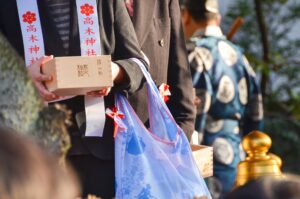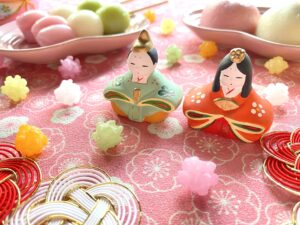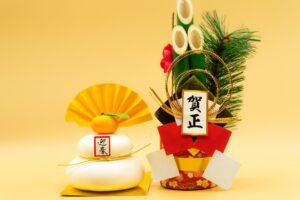Japan’s alcohol laws are a blend of tradition and modernity, reflecting both the importance of alcohol in social interactions and the country’s emphasis on order and legality. Whether you’re a tourist or an expatriate, understanding Japan’s drinking age and cultural customs is essential for an enjoyable and respectful experience. This article provides a comprehensive overview of Japan’s drinking regulations, cultural norms, and etiquette
The Legal Drinking Age in Japan
In Japan, the legal drinking age is set at 20 years old, a law that applies to both residents and visitors. This regulation is strictly enforced, and alcohol vendors are required to check identification for age verification. This law applies across the board—from purchasing alcohol in stores to being served in bars or restaurants.
Unlike some countries where parental supervision allows minors to consume alcohol, Japan does not make exceptions for those under the legal age. Enforcement is firm, with establishments at risk of hefty fines or losing their liquor licenses if found serving underage individuals. Although public drinking is allowed in most areas, underage consumption is taken seriously, and there are ongoing campaigns to prevent minors from accessing alcohol.
Penalties for Underage Drinking
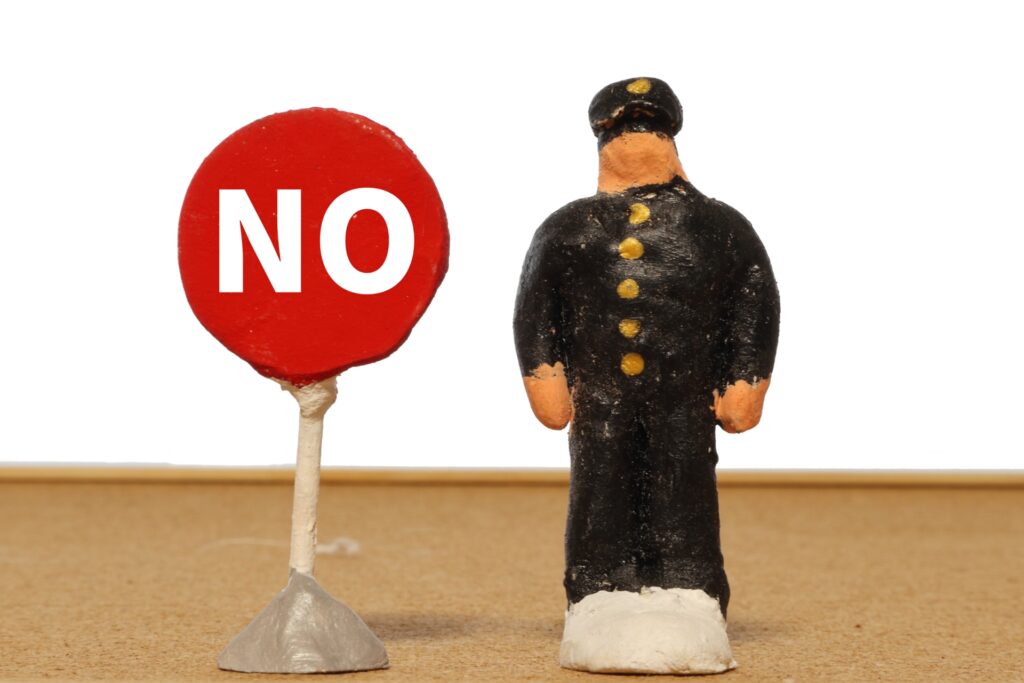
Violating Japan’s drinking laws comes with steep consequences. For individuals caught drinking underage, penalties can range from fines to mandatory education on alcohol abuse. Establishments found serving minors face even harsher repercussions, such as the revocation of their liquor license or substantial fines.
While enforcement is generally robust, underage drinking does occur in private settings. However, the social stigma and potential legal consequences typically deter public violations. Japan’s emphasis on collective responsibility means businesses and adults alike are cautious about alcohol-related infractions, especially in commercial settings.
Drinking Culture in Japan
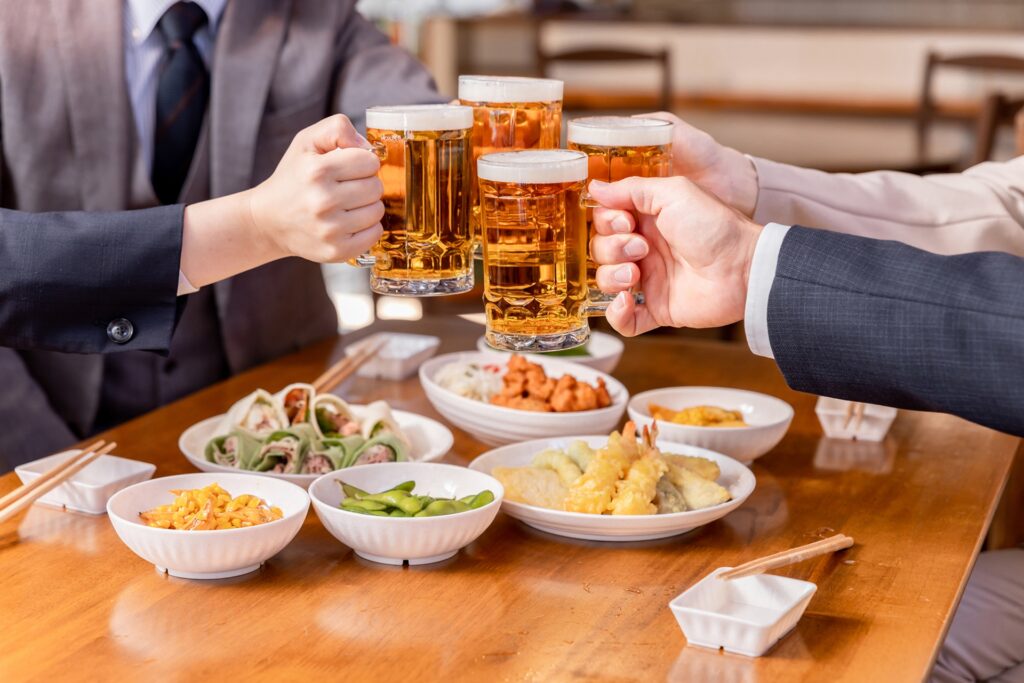
Alcohol is deeply ingrained in Japanese society, playing a key role in everything from casual socializing to formal business events. One of the most well-known customs is nomikai, or drinking parties, where coworkers or friends gather to drink together after work. Alcohol is often seen as a social lubricant in Japan, helping break down the formality that governs most public interactions.
Sake, beer, and shochu are the most common alcoholic beverages, with sake being the traditional drink used in ceremonies and special occasions. Beer is a favorite for casual socializing, while shochu, a distilled beverage, is often consumed in bars or at home. The availability of alcohol in vending machines and convenience stores makes it accessible, but the drinking culture emphasizes responsibility.
Common Etiquette When Drinking in Japan
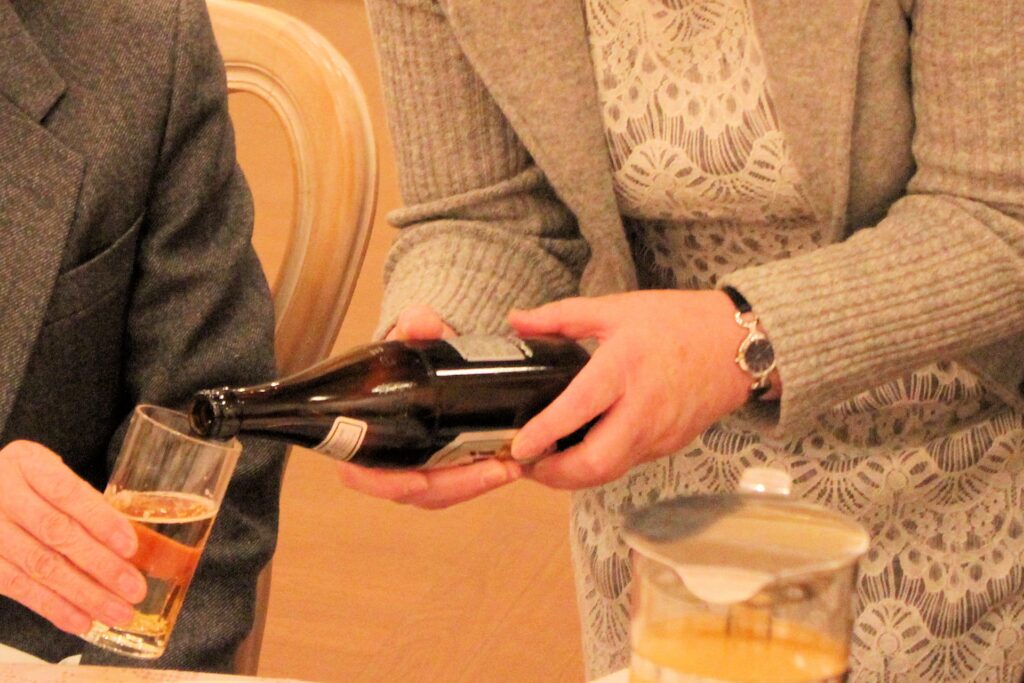
Drinking in Japan comes with a unique set of customs. When drinking in a group, it’s polite to wait for everyone to be served before taking the first sip. It’s also common to pour drinks for others rather than for yourself, reflecting Japan’s focus on group harmony. Refusing a drink can be tricky, as it may be seen as a social faux pas, but moderation is respected.
Public intoxication, while not illegal in most cases, is frowned upon. This cultural value is mirrored in company policies, where responsible drinking is often encouraged to avoid embarrassing situations. In fact, some companies offer guidance on managing alcohol consumption at work events, ensuring that drinking doesn’t interfere with professional conduct.
ID Verification and Age Enforcement

Japan takes age verification seriously, especially for purchasing alcohol. The TASPO card, an age-verification system, is used for purchasing cigarettes and alcohol from vending machines. In stores, showing a valid ID is mandatory, and foreigners are often asked to present their passports. Additionally, online alcohol sales are required to implement stringent age verification processes to prevent underage purchases.
Despite alcohol being widely available, the enforcement of these regulations ensures that minors have limited access to alcohol. Convenience stores and vending machines are well-regulated, and technology has made it more difficult for underage individuals to bypass these checks.
Conclusion
Japan’s drinking age laws, combined with its unique drinking culture, create an environment where alcohol consumption is both regulated and celebrated. For tourists and expatriates, understanding these laws and customs is key to enjoying the experience without running afoul of the law. Whether participating in a nomikai or simply having a beer at a restaurant, knowing the rules helps ensure a smooth and respectful experience.

